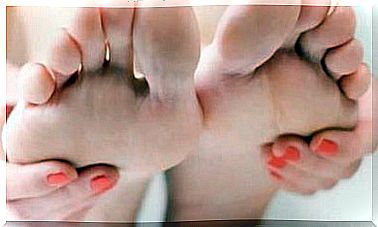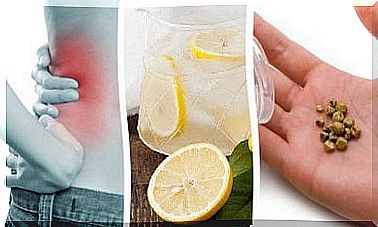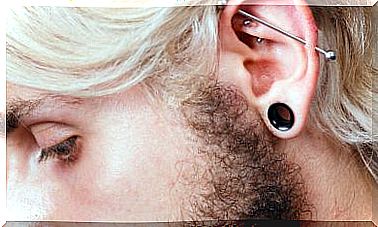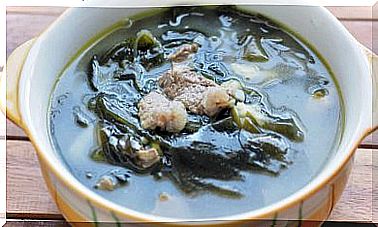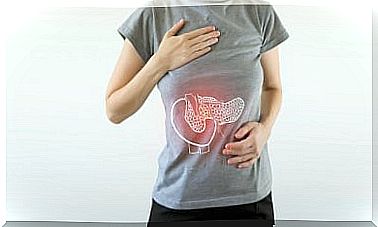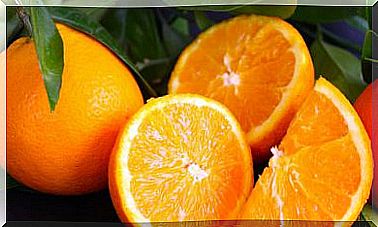Why Can’t Babies Eat Honey?
Are you wondering why babies can’t eat honey? It is one of the healthiest and most nutritious foods, whose unmistakable flavor makes it a natural sweet.
For that reason, our parents and grandparents used to moisten the pacifier of babies in a little honey, in order to reassure them. However, science today explains that it is a dangerous practice, since honey should never, under any circumstances, be given to children under twelve months of age.
Honey and botulism: the reason babies can’t eat honey
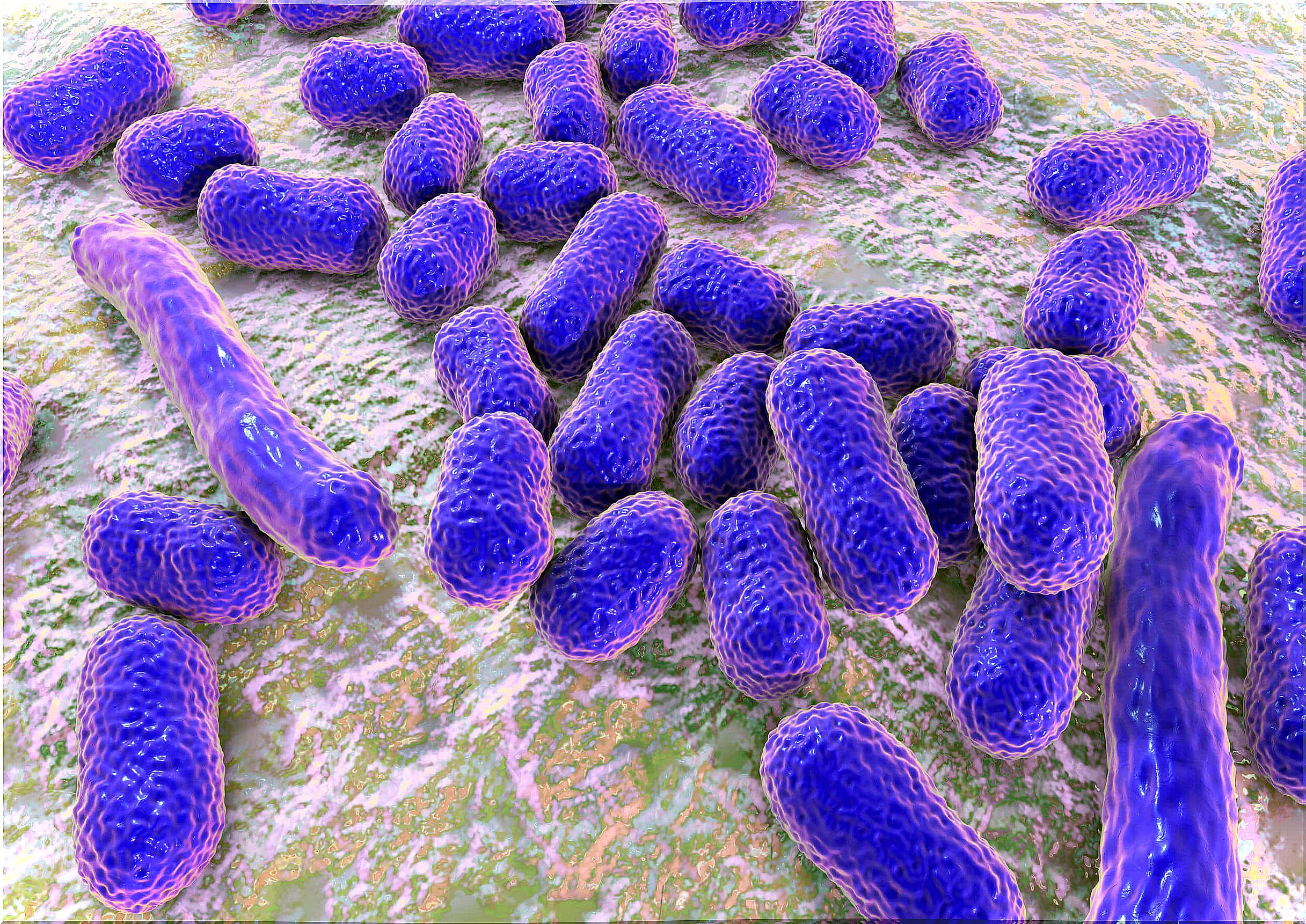
Human beings have been consuming honey for thousands of years. It is considered one of the most natural and noble foods, and its benefits are many and well known. From ancient Egypt to the present day, honey has always been an ingredient in all kinds of recipes, as it provides nutrients and sweetens naturally.
However, as a natural product, honey also contains a bacterium, Clostridium botulinum, which can be very dangerous for babies under one year of age, as this research published in Case Reports points out .
The reason is simple: the intestinal flora of the little ones has not yet reached adequate maturity, so that the spores of this bacterium can proliferate in their intestines and release botulinum toxins, considered one of the most deadly substances known, such as shows this information from the World Health Organization (WHO).
It is the so-called infant botulism, a disease that affects children under twelve months and can be fatal. However, it does not affect those over one year of age in the same way, whose natural defenses have already been developed and are capable of preventing the proliferation of the bacteria.
Why can’t babies eat honey? Infant botulism
The Clostridium botulinum is a bacillus present on earth therefore can be found in almost all foods, both plant and animal origin.
This bacterium is organized into spores and can remain dormant until it finds the ideal conditions to multiply and grow. It is especially present in home preserves, prefers low oxygen environments and generally does not tolerate acidic media.
It also can not grow in solutions with high concentrations of sugars. For this reason, especially in honey, it usually remains dormant while it waits for the ideal conditions for its growth to occur.
In this way, when honey is ingested by an infant under twelve months, the sugar of this nectar is diluted in its gastric juice, which is still a low acid environment and where there is little presence of oxygen.
Therefore, in this medium the bacillus finds the ideal conditions to begin to proliferate, grow and release botulinum toxins. Then, through the bloodstream, they reach the neuromuscular endings, which can cause infant botulism, a very dangerous condition that requires immediate hospitalization.
Symptoms, diagnosis and treatment
Infant botulism affects the nervous system, so it can present a wide variety of symptoms, as this study published in the journal Clinical Infectious Diseases points out . They often appear 12 to 48 hours after coming into contact with the bacteria. The most frequent include:
- Slow breathing or shortness of breath
- Constipation.
- General weakness.
- Weak cry
- Lethargy.
- Reduced arch reflex.
- Double or blurred vision.
- Dry mouth.
- Flabby eyelids.
- General sagging.
- Slow feeding.
- In extreme cases: paralysis of the trunk, arms and legs or paralysis of the respiratory system.
Diagnosis and treatment

It will be the description of the symptoms provided by the parents that will lead the pediatrician to consider whether the infant may suffer from botulism. To confirm this, an analysis of the child’s feces will suffice to check the presence of botulinum toxins.
On the other hand, it must be taken into account that infant botulism requires immediate hospitalization. As has been proven, it affects the nervous system and can lead to respiratory failure. For this reason, it is necessary for the baby to be hospitalized and under constant observation.
Treatment success always depends on early diagnosis and timely administration of botulinum antitoxin. In the most severe cases, the little one may even need assisted breathing or IV feeding.
However, infant botulism usually subsides after a few weeks or months, and only in the most extreme cases can the action of the toxin cause death from respiratory failure.
Can only honey cause infant botulism?
It’s not just honey that can cause infant botulism. In fact, as we indicated earlier, the bacteria responsible for this condition are found in various places in nature. That is why it is quite difficult to identify the source of the spores and, of course, honey is not the only one.
Indeed, botulism bacteria can even be found on the ground or in dust and be transported through the air. In this way, infants can get to ingest it by inhalation, so it is recommended not to expose the little ones to environments with too much dust or where soil removal work is being carried out.
Due to the seriousness of botulism and the difficulty in eliminating the bacteria, it is necessary to be attentive to any outbreak of this bacillus to avoid contagion and even possible epidemics. In this regard, WHO ensures safety and promotes disease surveillance, detection, risk assessment and containment.
Thus, although botulism outbreaks are infrequent, as this study published in the journal Anales de Pediatría points out , they are always a public health emergency, and it should be established soon if the outbreak is natural, accidental or deliberate. In this way, new cases can be prevented and those affected effectively treated.
recommendations
Since there is no vaccine against the bacteria responsible for botulism, prevention is best. To do this, pediatricians recommend the following:
- Never give honey to children under twelve months.
- Like honey, corn syrup can also contain this bacteria, so it should not be offered to babies.
- Avoid exposure to dirt or dust that could be contaminated.
- Boiling foods that are kept at home (especially homemade preserves) at high temperatures.
- Maintain proper hygiene.
It is better not to give honey to babies!
In short, although honey is a sweet food with important nutritional properties, in children it increases the risk of botulism. This is because your immune system is undeveloped and therefore cannot fight the microorganism that causes this disease.
Now, we must be vigilant and bear in mind that not only honey is a responsible source of botulism. Thus, by following proper hygiene guidelines and the recommendations of experts, we can keep the little ones out of risk.

